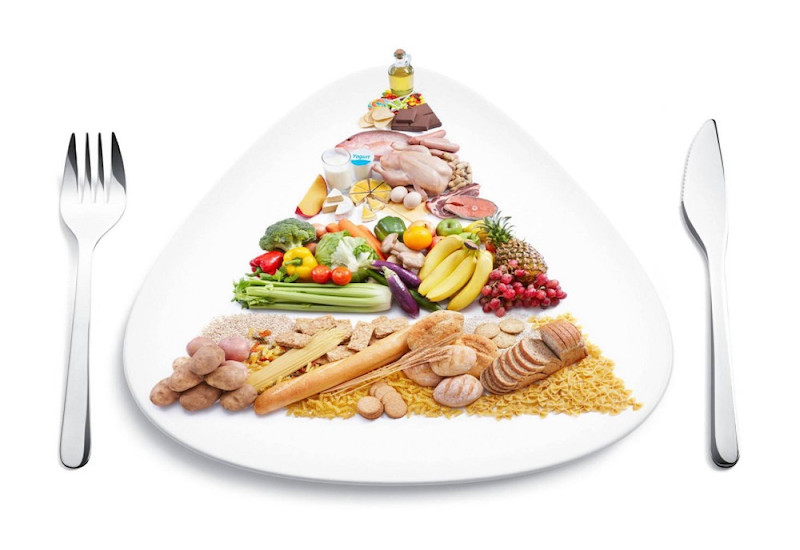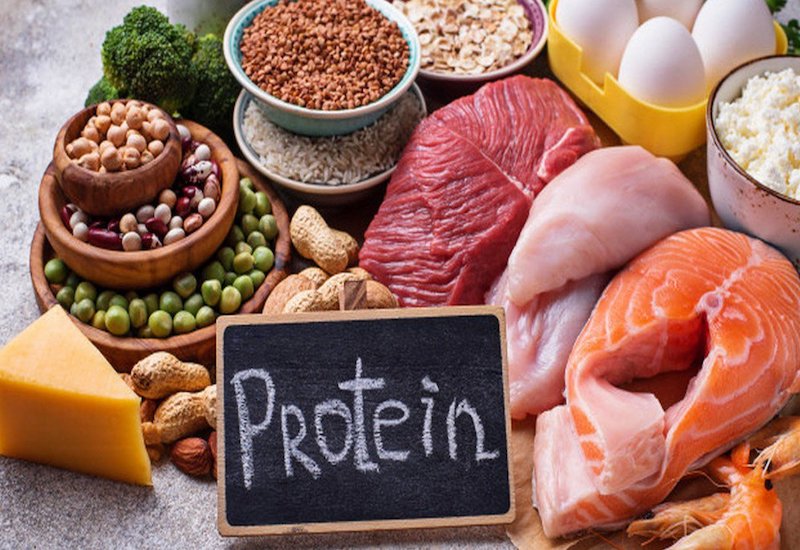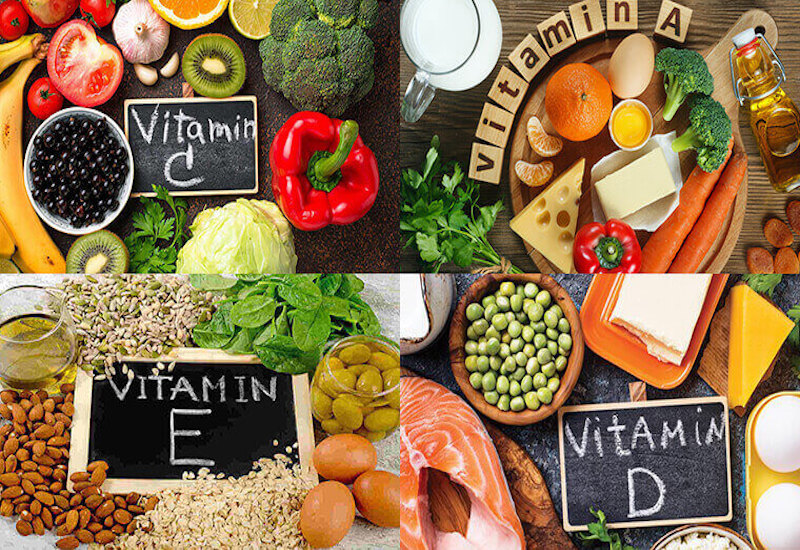Nutrition is very important for health as well as growth and development in stature and intelligence of the body. Having a diet that provides adequate nutrition will help the body stay healthy and avoid the risk of many diseases. To learn more about nutrition and the effects of nutrients, please read the information below.
1. What is the concept of nutrition?
Nutrition is used to refer to the activities of eating, transporting, absorbing nutrients in the body and the process of excreting waste. In addition, nutrition also includes the nutrients we consume and absorb into the body every day.
Nutritionists are people trained in the medical field, specializing in Nutrition, helping patients build scientific menus and eating plans. These plans are established based on health indicators, physical condition and pathological problems of each individual. Thereby supporting patients to prevent and overcome the risk of essential nutrient deficiencies by changing their lifestyle and eating habits before having to take medication.

Nutrition is very important to human health.
If you maintain a scientific and healthy diet, it will help your body stay healthy and reduce the risk of various diseases. However, if you eat poorly, absorb poorly or have excess nutrients, or are obese, it means that you are suffering from nutritional imbalance, and are susceptible to metabolic disorders and diseases such as diabetes, cardiovascular disease, osteoporosis, malnutrition, etc.
2. What are nutrients?
Nutrients are chemical compounds that provide energy and maintain life activities in the body. Nutrients exist in many different foods and are absorbed by humans through daily meals. These can be the following substances:
2.1. Protein
This is the basic component that makes up the structure and function of cells. Protein is found in meat, fish, eggs, milk or nuts. Every day, the human body should consume about 118g of protein. This substance participates in heart activity, oxygen transport, brain activity, food digestion, etc.
For young children, pregnant or breastfeeding mothers, the need for protein will be greater than normal people. When absorbed into the body, protein will be converted into amino acids, which are components of the immune system that help destroy microorganisms that are harmful to the body. In addition, protein is also a component of hormones and enzymes, actively participating in the body’s metabolism.
2.2. Glucid (carbohydrates)
Carbohydrates account for about 60 – 70% of the total energy provided by food in a meal. Glucid appears in many types of legumes and cereals and is often accompanied by B vitamins. Therefore, rice or sugar that is too white will easily lack vitamin B1.
2.3. Fat (Lipid)
Fat provides a lot of energy and is contained in foods such as vegetable oil, animal fat, whole milk, butter, etc.
Fat helps stimulate the body to absorb vitamins well, especially vitamins that can dissolve in oil such as vitamins A, E, D, K, and also participates in the natural blood clotting process.

Protein is found in meat, fish, eggs, milk and nuts.
2.4. Fiber
Fiber can be found in green vegetables and fruits with the main function of supporting digestion. Although the body cannot absorb fiber, by diligently eating foods rich in this substance, we will be less likely to suffer from health problems such as cardiovascular disease, obesity, constipation, etc.
2.1. Vitamins and minerals
Vitamins, trace minerals, and minerals play an extremely important role in the human body, specifically as follows:
- Vitamin A : When the body is fully supplied with vitamin A, it will limit the risk of eye diseases and prevent dry eyes. In particular, this type of vitamin also helps strengthen the body’s immune system;
- B vitamins: If the body is deficient in B vitamins, the synthesis of immune cells will slow down, significantly affecting the body’s resistance;
- Vitamin C : is an important substance that helps fight oxidation, supports collagen synthesis (a substance that helps form connective tissue, is an interstitial cell in the vascular wall, maintains skin elasticity);
- Vitamin D3: participates in the process of converting fat into energy, enhances the ability to absorb calcium to help the body avoid edema, increases appetite. Vitamin D3 is abundant in mackerel oil, butter, eggs and animal liver;
- Vitamin E : prevents oxidation and limits the formation of free radicals
- Micronutrients and minerals: a lack of important minerals will lead to many negative consequences for health, typically iodine deficiency causing goiter, enamel hypoplasia due to lack of fluoride, iron deficiency causing anemia, or calcium deficiency causing rickets in children and osteoporosis in adults, …
3. How to have a balanced diet?
Nutrition plays an extremely important role in the development of both the brain and the body. If you apply a healthy diet, a variety of nutrients will help the body to be provided with enough energy for all activities throughout the day. Balancing the diet and providing nutrients for the body needs to be suitable for each age and gender.
A standard and balanced diet menu will include:
- Balanced protein intake (including protein from plants and animals);
- Balanced 3 energy sources (provided by fat, protein and carbohydrates);
- Balanced lipid intake (from animal fat and vegetable oil);
- Balanced minerals and vitamins;
- Caraway powder (with appropriate levels of refined sugar).

The body cannot function properly without essential vitamins.
Thus, a meal needs to ensure a diverse combination of essential nutrient groups. In addition to the presence of the above nutrients, preparing dishes to suit the taste as well as ensuring nutritional balance also plays an important role.





